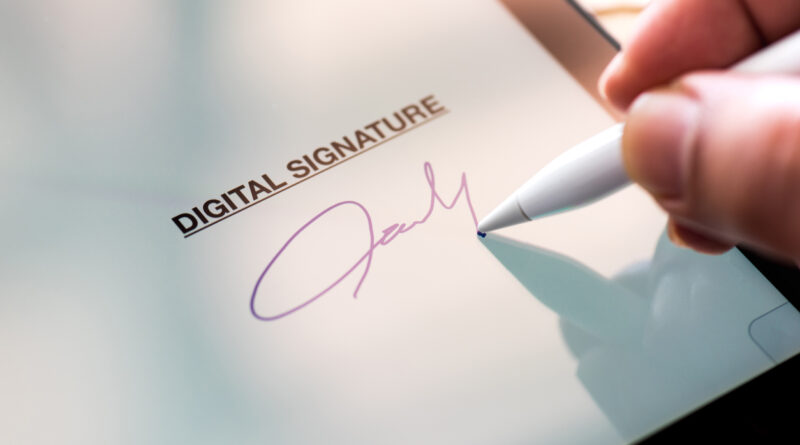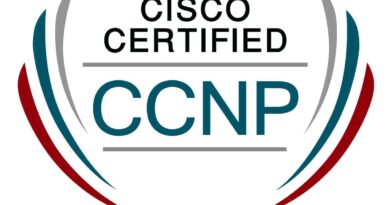The Pros And Cons Of Electronic Signatures
Different industries, organizations, and professions are increasingly adopting electronic signatures, making signing documents easier and more secure. Also called E signature or eSignature, an electronic signature is the digital form of the conventional handwritten ink signature. Like wet signatures, you can use electronic signatures for signing financial documents, liability waivers, sales contracts, rental/lease agreements, and invoices.
Therefore, when you use electronic signatures, your organization or business can improve employee productivity, boost customer satisfaction, and enhance efficiency.
However, before adopting an electronic signature, you should consider its advantages and disadvantages extensively. That can help you decide whether electronic or wet signatures are the better option.
Consequently, below are the pros and cons of E-signatures.
Pros of electronic signatures
1. Much more secure

Generally, electronic signatures are much more secure than wet signatures. Because of the enhanced security features associated with electronic signatures, it becomes difficult to forge documents or signatures.
For instance, the electronic signature provider may provide you with an electronic record, serving as an audit trail and evidence of a transaction. Thus, you have constant access to different information regarding a document, including the people who viewed and signed it.
Only use the service of a vendor offering highly secure electronic signature products.
2. Eco-friendly

A printed contract relies on paper, and the ink used for printing often contains toxic chemicals. Therefore, unlike traditional ink signatures, digital signatures help reduce paper usage and carbon emissions, helping reverse the effects of climate change.
Increases the speed and efficiency of business transactions
The process of signing paper-based contracts involves a lot of paperwork. It takes time for documents to be prepared, signed, sent, and received.
On the other hand, after knowing how to use the e signature icon, electronic signatures allow parties to sign documents instantaneously since they do not have to meet physically during the signing process.
As a result, you can improve the satisfaction of your customers, making them not want to go elsewhere to do business.
3. Reduces cost
Using e-signatures will significantly reduce your expenses on printing contract documents, paper, ink, and purchasing and maintaining devices for printing. Also, since there is no reliance on paper for printing business agreements, there is a reduced need to cut down trees, which improves water conservation.
4. It is reliable

There is always the possibility of forgetting or failing to understand the importance of providing all the information required when you receive a physical document.
But, an electronic document will contain all the information filled in by the time you sign and send it to someone.
5. Long-lasting
A signed document will have to be kept well for future reference. However, a wet signature may gradually fade, become distorted, and disappear. An electronic signature remains unaffected for years.
6. Improves storage of documents
The software for electronically signing documents enables you to store, organize, and retrieve your documents efficiently.
Cons of electronic signatures
Remember that there are basic and advanced electronic signatures. For example, utilize a digital signature, offering a more secure signing process when you need to sign a sensitive or important document.
7. It is technical
If you need help understanding modern technology, you may find it challenging to use electronic signatures. Because you need to incorporate an electronic signature solution to sign documents electronically, you may need to learn how to use e-signatures.
Moreover, some parties may wonder if an electronically signed document is valid and legal.
8. May be unreliable

According to the National Telecommunications Information Administration (NTIA), signing some documents using electronic signatures may not be legally valid. That is because an independent third party has to be available to validate the signing process.
For instance, you cannot validly electronically sign wills and testamentary trusts, state statutes regarding family law, official court orders and documents, a notice canceling utility services, and documents requiring transportation of toxic materials.
9. Software requirement
You need to pay a fee to use a particular software application for signing, sending, and receiving a document embedded with an electronic signature.
Still, the expense involved may be more affordable than printing documents.
Once you have compared the advantages and disadvantages of electronic signatures and you strongly feel it is time to adopt them in your organization or business, consider using Wolters Kluwer SmartSign™ Plus. The electronic signature service allows you to conveniently and safely sign your documents from anywhere and at any time.



